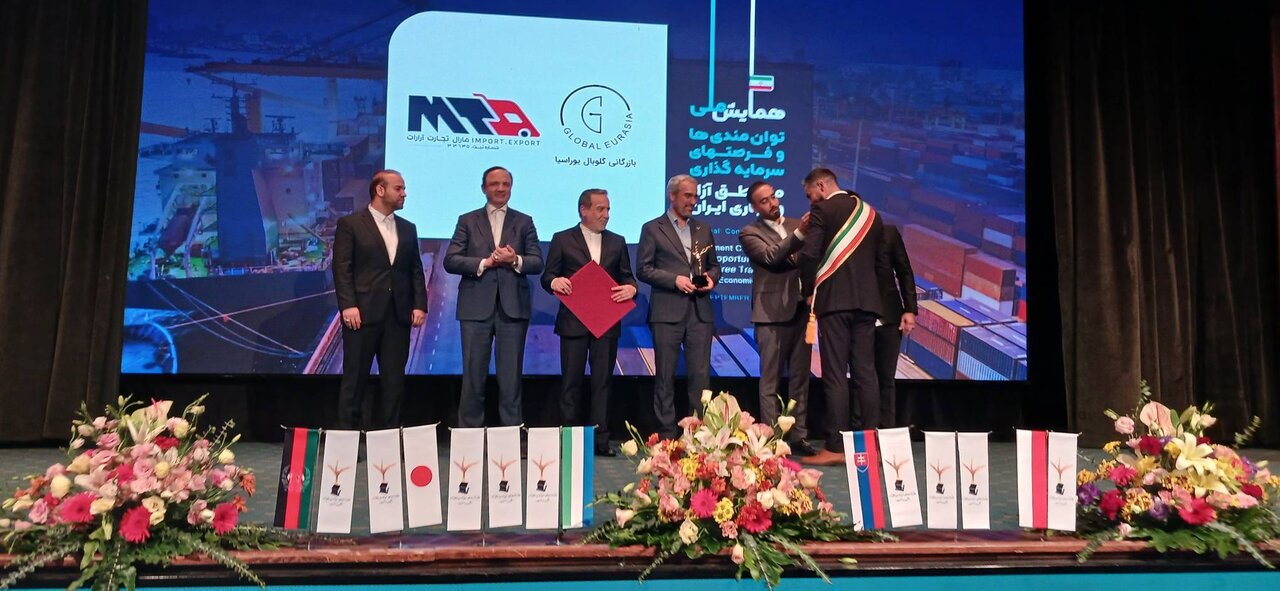Privatization, export-driven strategy set to reshape Iranian free trade zones

TEHRAN – Iran’s government is moving to overhaul its free trade zones by focusing on privatization, exports, and greater private-sector participation, senior officials said at a national investment forum.
The National Conference on the Capabilities and Investment Opportunities of Free Trade and Economic Zones was held in Tehran, bringing together government ministers and private-sector representatives.
The secretary of Iran’s High Council of Free Trade Zones said many restrictions on the zones had been lifted, making them valuable tools under sanctions if their legal advantages were restored.
He outlined six strategic priorities, including expanding regional cooperation, establishing a new model for border free zones, completing a financial system, rolling out a smart transformation plan and digital economy charter, strengthening exports, and reforming legal frameworks. Improving governance and easing business activity were also listed as key goals.
The official added that the government is working to launch an international stock exchange in the free zones by year-end and is seeking investors. Other plans include creating a technology park in one of the zones and expanding international transport corridors in cooperation with relevant ministries.
Also speaking at the forum, Foreign Minister Abbas Araghchi said Iran’s Kish technology park was a promising start.
He compared Iran’s vision for its free zones to China’s Shenzhen, noting their potential despite sanctions.
“Sanctions have created pressure, but we must not adopt an apocalyptic outlook or think surrender is the only option,” he said. “Sanctions were meant to paralyze Iran, but the country stands firm.”
Araghchi stressed that free zones play a vital role as “economic lungs” when sanctions restrict the country’s trade.
He said Iran remains an attractive destination for investment, with the Foreign Ministry aligning diplomacy with development goals. Talks with the International Atomic Energy Agency were progressing toward a new framework that would address Iran’s concerns, and negotiations with three European states were also continuing.
He emphasized that while diplomacy is important, the government must strengthen domestic capabilities, including free zones, without waiting for foreign talks.
Economy Minister Ali Madanizadeh said financing export-oriented projects and supporting free zones are priorities for his ministry. “The path to development passes through free trade zones,” he said, criticizing Iran’s history of government intervention.
He argued that privatization and export-focused strategies, with a strong role for the real private sector, would transform the zones into engines of growth.
One zone will be dedicated specifically to the digital economy, he said.
The event concluded with awards presented to top entrepreneurs, investors, and managers in the free zones.
EF/MA
Leave a Comment